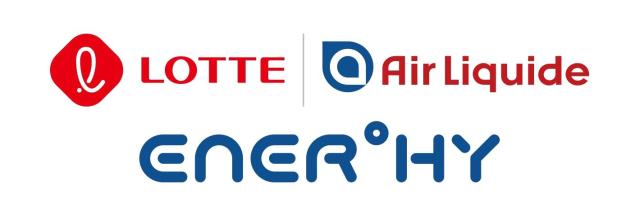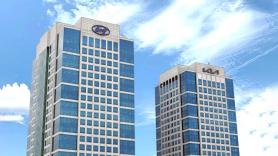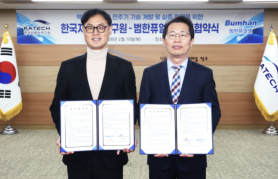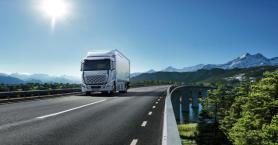
SEOUL, November 11 (AJP) - A joint venture between Lotte Chemical and Air Liquide has opened South Korea’s largest high-pressure hydrogen shipping center.
The facility, located in the Daesan Petrochemical Complex in South Chungcheong Province and operated by Lotte-Air Liquide Ener’Hy, a joint venture established in 2022, will supply high-pressure hydrogen across South Korea’s central region, including Seoul.
It is expected to play a key role in fueling hydrogen-powered commercial vehicles such as buses and trucks — a crucial step toward building a viable hydrogen economy.
Executives from both companies were joined for the opening ceremony on Tuesday by government and industry officials, including An Se-chang, director of climate energy policy at the Ministry of Climate and Environment, Seosan Mayor Lee Wan-seop, Air Liquide Asia-Pacific head Ronnie Chalmers, Lotte Chemical chief executive Lee Young-jun and Hyundai Motor vice president Ken Ramirez.
Backed by the government’s hydrogen shipping center initiative and leveraging Lotte Chemical’s byproduct hydrogen output, the Daesan facility is capable of producing hydrogen at 450 bar, or roughly twice the pressure of conventional systems. According to the company, that capacity is enough to supply fuel for about 4,200 passenger vehicles or 1,100 commercial buses a day.
The introduction of advanced high-pressure tube trailers will also improve logistics efficiency, allowing each vehicle to transport about 3.5 times more hydrogen than older 200-bar systems, the company said.
“The completion of the Daesan center demonstrates our commitment to a sustainable energy future in South Korea,” said Kim So-mi, chief executive of Lotte-Air Liquide Ener’Hy. “We aim to accelerate hydrogen mobility adoption and contribute to the country’s ambitious hydrogen ecosystem goals.”
Lee, Lotte Chemical’s chief executive, said the new facility marks an important step in turning industrial byproduct hydrogen into a high-value energy source. “The Daesan center represents a milestone in our journey toward carbon neutrality,” he said. “We will continue to lead in hydrogen innovation and expand new energy businesses.”
South Korea has set a goal of becoming one of the world’s leading hydrogen economies by 2035, with plans to deploy more than 200,000 hydrogen-powered commercial vehicles and establish nationwide refueling infrastructure.
* This article, published by Aju Business Daily, was translated by AI and edited by AJP.
Copyright ⓒ Aju Press All rights reserved.




